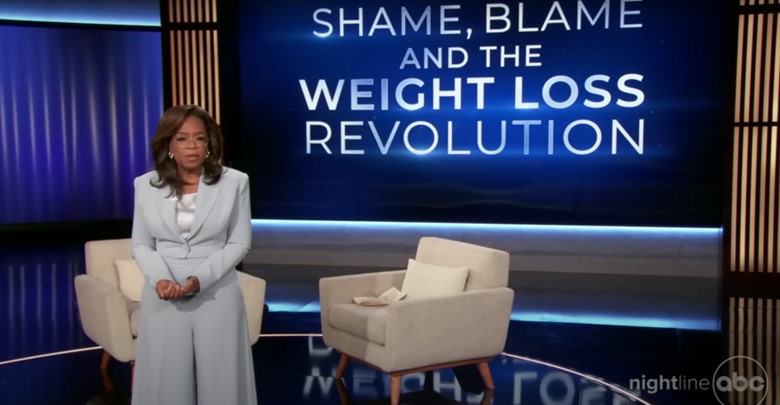Biosimilar drugmakers are required by law to give brand-name pharmaceutical companies six months’ notice before launching their copy on the market, ruled a federal appeals court. The decision upholds the current regulations and could represent a major hurdle for the biosimilar industry.
The court case was brought forward by Canadian pharmaceutical company, Apotex, who had applied for US Food and Drug Administration (FDA) approval for their biosimilar version of Amgen’s cancer biologic, Neulasta. Apotex argued that it should not have to provide Amgen with a notice of marketing, as the company had already submitted documents related to manufacturing and patenting of the biologic.
The same federal court previously ruled in favour of Amgen, requiring Novartis’ biosimilars unit, Sandoz, to provide the drugmaker with marketing notice only after receiving FDA approval. Biosimilar manufacturers are required to provide 180-days’ notice to branded drugmakers, before marketing their biosimilar under the Biologics Price Competition and Innovation Act (BPCIA).
Apotex and Sandoz appealed to the court to allow them to provide this 6-months’ notice in advance of receiving FDA approval, thereby allowing them to launch biosimilars on the market as soon as a license is received. This half-year of extra time allows branded drugmakers a longer period of market exclusivity, as well as the ability to construct additional legal hurdles to try to prevent the biosimilar from entering the market at all.
“In the original Amgen vs. Sandoz, it sounded like [the appeals court was] suggesting the FDA could grant a license that was not effective,” said Stacie Ropka, an intellectual property attorney from the law firm Axinn Veltrop & Harkrider. “That would amount to something akin to a temporary or a tentative approval like they do under [The Drug Price Competition and Patent Term Restoration Act]. [The court] stated this again in this ruling.”
As the biosimilar market grows, more drugmakers will likely begin to apply for FDA approval while the branded drug is still under patent. The recent appeals court rulings could allow biosimilar companies to win marketing approval, submit their 180-day notice and market their drugs as soon as the original biologic’s patent expires, according to Ropka.
Sandoz and Amgen are now awaiting a Supreme Court decision on the matter which could set a precedent for the growing biosimilar industry in the US. According to Ropka, the Supreme Court may even refuse to hear the Amgen vs. Sandoz case following the federal appeals court’s ruling.
“In the original Amgen vs. Sandoz, it sounded like [the appeals court was] suggesting the FDA could grant a license that was not effective,” said Stacie Ropka, an intellectual property attorney from the law firm Axinn Veltrop & Harkrider. “That would amount to something akin to a temporary or a tentative approval like they do under [The Drug Price Competition and Patent Term Restoration Act]. [The court] stated this again in this ruling.”
As the biosimilar market grows, more drugmakers will likely begin to apply for FDA approval while the branded drug is still under patent. The recent appeals court rulings could allow biosimilar companies to win marketing approval, submit their 180-day notice and market their drugs as soon as the original biologic’s patent expires, according to Ropka.
Sandoz and Amgen are now awaiting a Supreme Court decision on the matter which could set a precedent for the growing biosimilar industry in the US. According to Ropka, the Supreme Court may even refuse to hear the Amgen vs. Sandoz case following the federal appeals court’s ruling.












Join or login to leave a comment
JOIN LOGIN